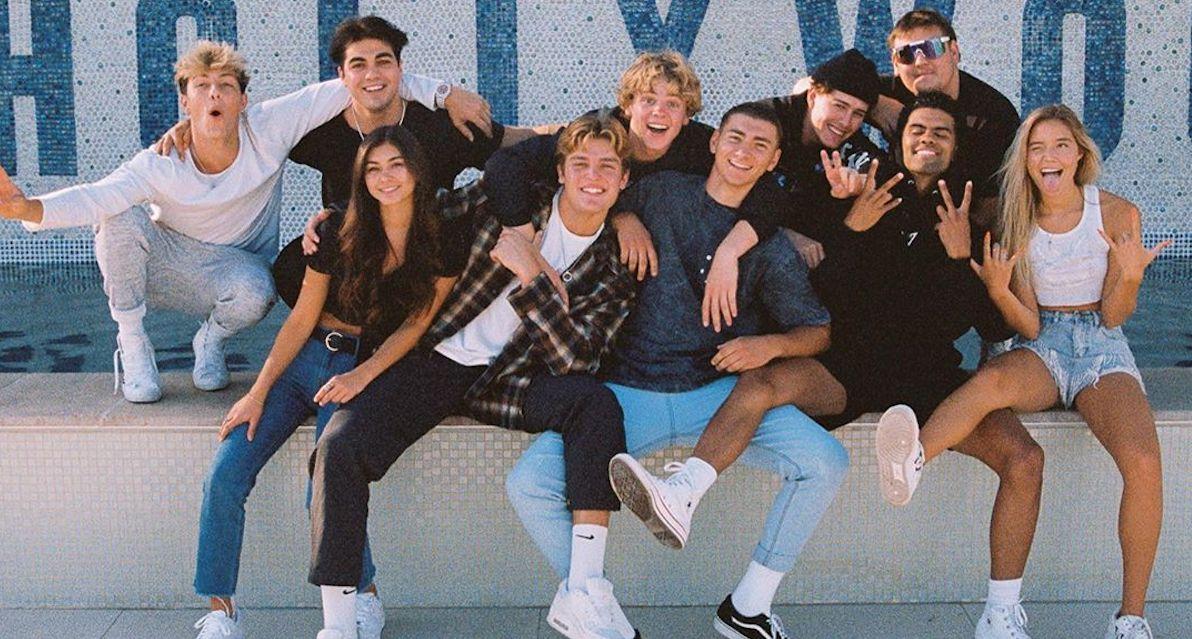

And so emerges what my girlfriend has dubbed The Plight of the Influencer: what do you do when the most special thing about you - the only reason you’re famous - is that you’re not special? Any teen with an iPhone and an internet connection could be these guys, and that’s probably why they blew up. They’re relatable, but most importantly, the image they’re selling is attainable. Watching these videos is like being dropped in a middle-of-nowhere suburb it reminds you of high school, of that one group of boys that were too loud and too annoying, but just charismatic enough to get away with it. His old vlogs, or at least the ones still up on his YouTube page, consist of him and his two buddies Patrick and Calvin making d- jokes and screaming at the camera for four minutes straight. Take Alex Warren for example, a member of Hype House who got his start on YouTube, making controversially David Dobrik-esque vlogs, but was shot into the spotlight upon joining Hype House on TikTok. (Coincidentally, Jack Wright, one-half of a TikTok duo made up of him and his twin brother, and a member of the Hype House, began attending the same high school as me during my senior year.)

They’re not supermodels, they’re the popular kids from high school, which is what these people reminded me of as I watched the show: suburbanites with too much energy who love doing s- to impress their friends and girlfriends. These people are all conventionally attractive (and for the most part, White), though never overwhelmingly so. In a piece for The Atlantic, writer Rachel Monroe writes that Charli D’Amelio’s success is in large part due to her relatability and attainability, managing “to telegraph an ordinary kind of specialness,” an attribute which can be applied to D’Amelio’s fellow Hype House members. So, when I saw that Netflix’s show “Hype House” - a show about, well, Hype House - came out, I was curious what is it about these people that enamors hordes of teenagers to watch every ten-second video that they produce? What started out as a guilty indulgence very quickly became a bleak insight into the influencer industry, and the pitfalls of modern self-commodification. They dance, they sing, they act, and they’re almost always incredibly mediocre at it. Influencers are a sort of morbid fascination for me, particularly the way in which they revel in almost-celebrity lifestyles without quite ever reaching the pantheon of A-Listers.

What looked like a funny-in-a-bad-way, watered-down version of “Keeping Up with the Kardashians” turned out to be a sad-in-an-awfully-depressing-way show about the culture and industries that have been built by the Internet.


 0 kommentar(er)
0 kommentar(er)
